This tutorial aims to highlight the many ways in which accelerating climate change, overexploitation and mismanagement, and ever-growing marine pollution are transforming the chemical and physical characteristics of the world’s ocean basins. This ongoing chemical and physical transformation of the oceans will have profound implications for marine life, Earth’s climate, coastal human populations, and ocean-based economies around the world. The tutorial will discuss the wide-ranging adverse impacts of the ongoing changes in the marine food-web on the Blue Economy of India and other coastal and island nations around the world, and how the young citizens, entrepreneurs, conservationists, academics, policy makers and shapers, can affect change and contribute towards building a sustainable Blue Economy that protects and preserves our planet’s incredibly rich ocean biodiversity. By the end of the workshop the attendees would have learnt: 1. The multitude of ways in which climate change and other human interventions are changing the distribution of marine species in the world’s ocean basins. 2. The socio-economic consequences of these changes in the marine environment for India and other coastal and island nations. 3. The opportunities and mechanisms through which young citizens can contribute towards mitigating the human-caused stressors and conserving the rich ocean biodiversity.
 Dr. Pushp Bajaj
Dr. Pushp Bajaj
National Maritime Foundation, New Delhi, India
Dr. Pushp Bajaj is a Research Fellow and the Head of the Blue Economy and Climate Change Cluster at the National Maritime Foundation in New Delhi, India. His research areas of interest include climate change impacts on India’s maritime and naval security, climate resilience of India’s critical maritime infrastructure, climate change impacts on marine biodiversity, sustainability in the maritime domain, and the Blue Economy. Prior to joining the Foundation, Dr Bajaj worked as an independent science writer and researcher focusing on climate change and the environment where he published several articles on sustainable development, climate science, climate policy, and related areas. He received his PhD in Chemistry from the University of California, San Diego, USA, where he was a graduate student researcher for the NSF-funded Centre for Chemical Innovation – Center for Aerosol Impacts on Chemistry of the Environment based in San Diego, CA, USA.

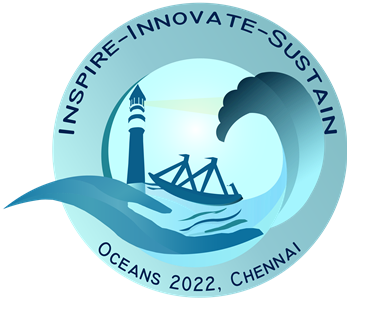



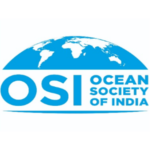
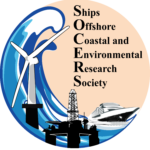


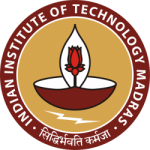
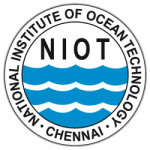
 Dr. Nikolas Xiros
Dr. Nikolas Xiros Prof. P. Ananthakrishnan
Prof. P. Ananthakrishnan Prof. Francisco Presuel-Moreno
Prof. Francisco Presuel-Moreno Dr. S. B. Pranesh
Dr. S. B. Pranesh Mr. Rahul Bharti
Mr. Rahul Bharti Dr. Pushp Bajaj
Dr. Pushp Bajaj Dr. Anders Tengberg
Dr. Anders Tengberg Dr. Karl von Ellenrieder
Dr. Karl von Ellenrieder Prof. R. Sundaravadivelu
Prof. R. Sundaravadivelu